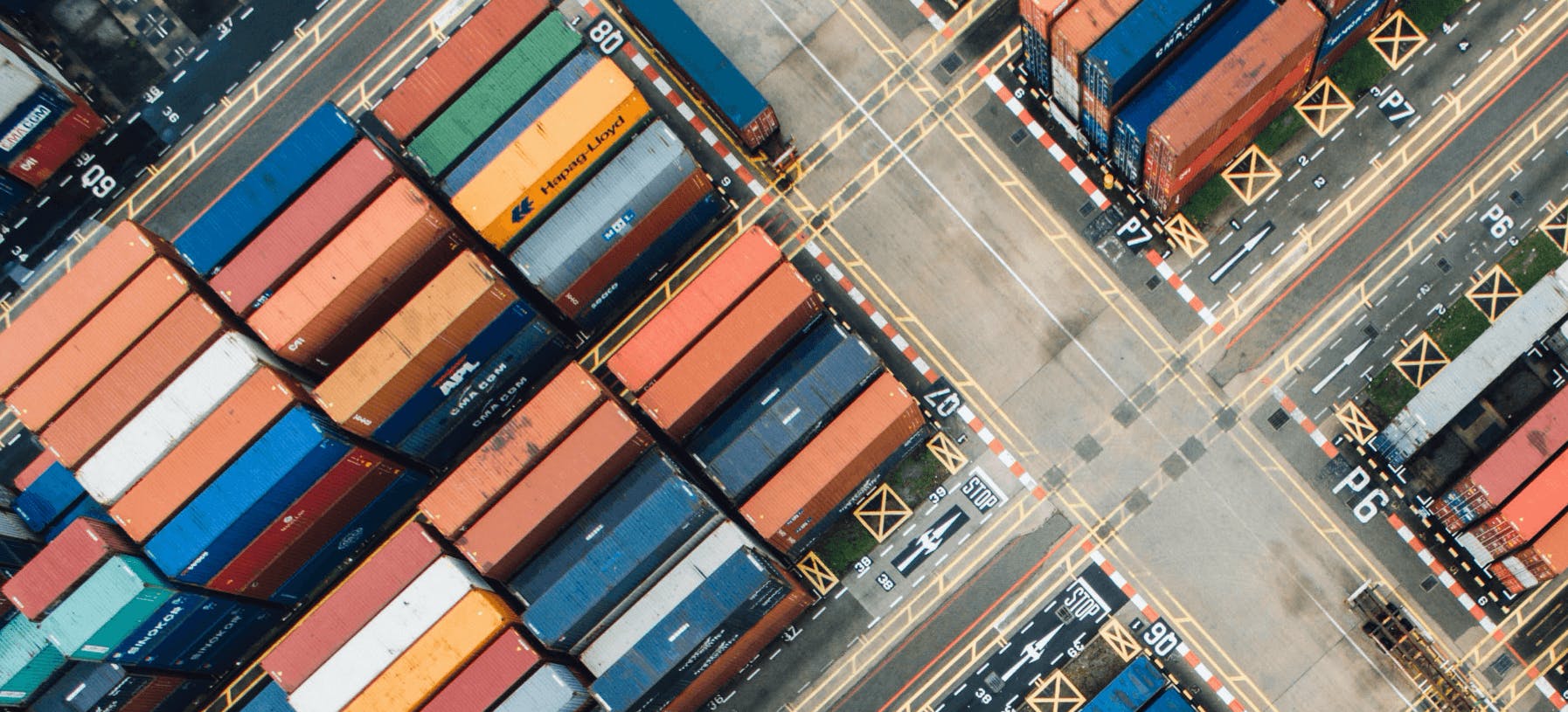GREENING EU TRADE POLICY – 2 :
THE ECONOMICS OF TRADE AND ENVIRONMENT
The results of the special Eurobarometer survey on Europeans’ attitudes on trade and EU trade policy published in November (2019) also confirm the relevance of this research nexus. In the study, citizens attribute the protection of European environmental and health standards as the second highest priority in trade policy.
The first note was intended to lay out a general overview of the problems to be solved and the possible solutions available. In comparison, this note seeks to better describe the theses put forward by various schools of economics on the effects, more or less positive or negative, of the opening up of trade on the environment, mainly from a climate mitigation point of view.
It concludes that international trade, whose impact is still being debated, is not likely the essential variable for the necessary decarbonisation of the European economy, even if trade policy must make a contribution to this major undertaking.
The preservation of our natural resources, as well as the fight against inequalities will require a real paradigm shift and far-reaching reforms aimed at our modes of production and consumption. Trade must accompany, facilitate and accelerate this change. Other upcoming publications in this series will address the ways and means of this necessary trade policy contribution: ambitious standards and their application to imported products and/or carbon adjustments at the border, reforms of the WTO’s multilateral framework, new-generation bilateral trade treaties, etc.
This note is the second in a series of publications that the Jacques Delors Institute has undertaken with the support of the European Climate Foundation in order to explore the inevitable changes in EU trade policy following the European elections last May.









